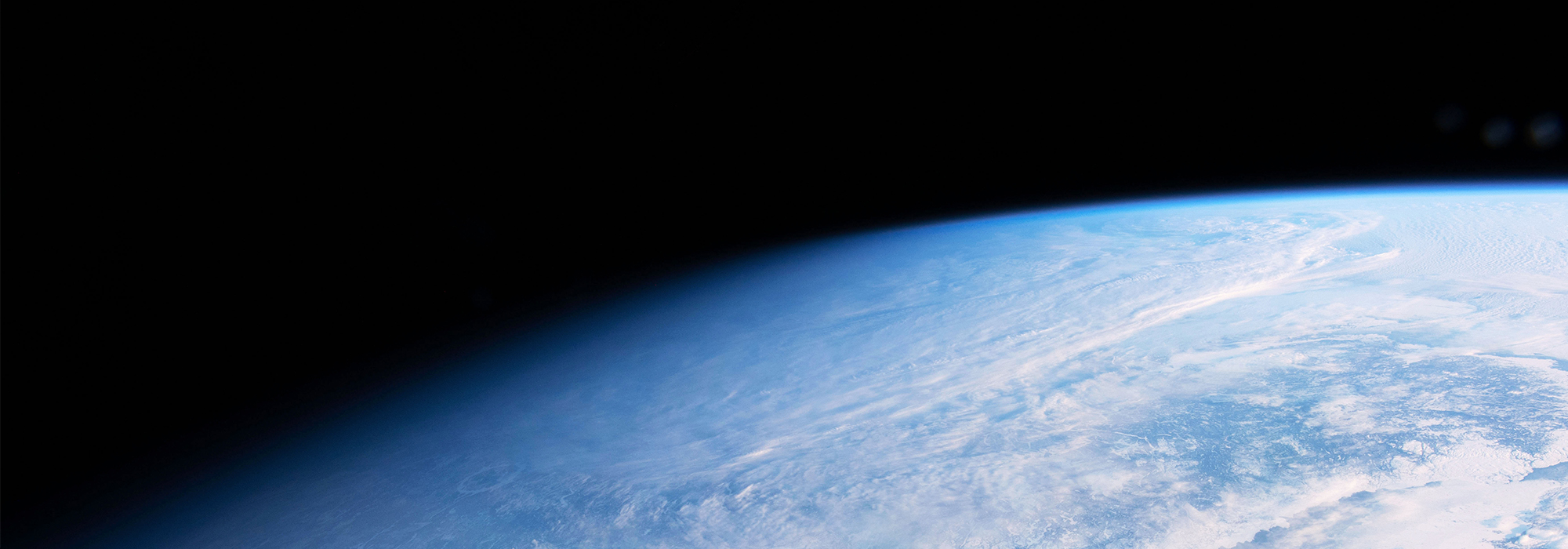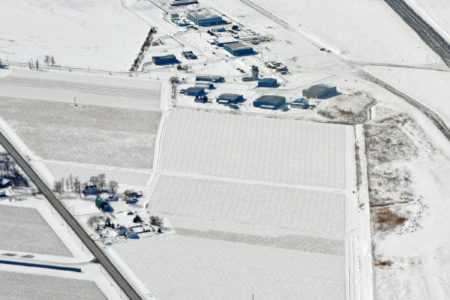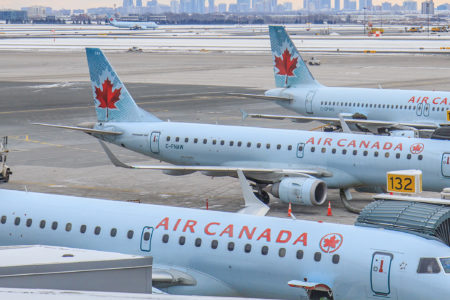
The federal government recently said it would spend $2 billion over the next 24 years on Canada’s space program. It also announced plans to send Canadian astronauts to the moon, in collaboration with NASA. Leaving aside the problems with a 24-year funding commitment, these are exciting developments that show Canada is serious about being a leader in determining humanity’s future in outer space. Further, this funding aligns with evidence that investing in space exploration creates technology that benefits our everyday lives.
The only problem is that Canadians didn’t ask for either of these things. Instead, polls show Canadians would rather spend public money on other priorities, like education and health care. Similarly, sending an astronaut to the moon may not be what Canadians would prioritize from their space program, compared with the myriad of other aspects of space exploration where we could be investing.
What do Canadians want from their space program? What should be Canada’s priorities in outer space? No one knows, because Canadians are never meaningfully engaged on these topics. While this is unfortunate, it is not unique to Canada, and it is typical of policy-making on space.
Research shows that the citizens who fund space exploration have historically had limited influence or involvement in their nations’ space policy priorities, in comparison with other areas of public policy. Instead, space policy-making is dominated by technical and industry perspectives (namely, government space agencies, industry, academia and global governance bodies, such as the United Nations Office for Outer Space Affairs).
While it is common to see the rhetoric of “public engagement” in the strategic plans and policy documents of space agencies, what they actually mean is “public education.” For example, the 2018 Global Exploration Roadmap states that public engagement is one of five common goals of the 14 national space agencies in the International Space Exploration Coordination Group. However, within this goal are three objectives: inspire and educate; create opportunities for participation in space exploration; and deliver benefits to society. The space sector and space policy-makers want to show you what’s possible, not ask for your input.
This is stated not entirely as a criticism. Space exploration is complex and technical. Citizens may even regard their nation’s space policy goals as science fiction (such as establishing permanent human settlements on the moon or Mars). We sympathize with those leading Canada’s space program, given the scant evidence on how best to engage the public about outer space. But good evidence exists on how to meaningfully (and efficiently) engage the public on complex science and technology topics. A prime example is public deliberation, a structured process where citizens, experts and decision-makers discuss, learn and problem-solve together. Further, the public has a right to have a say about the future of space exploration. This is particularly true given the importance of outer space for humanity’s future.
The evidence shows we can do better than the status quo. In the Canadian Space Agency’s 2018-19 Departmental Plan, public engagement is measured only by “number of new people and organizations entering space related fields as a result of CSA funding” and “number of engagements on social media.” Similarly, the new Space Strategy for Canada claims to have been developed via a “national public consultation.” That process was centred on eight invitation-only consultations attended almost entirely by industry and academic stakeholders. Academics and industry have been lobbying for increased public funding for space exploration for many years (including through the national public relations campaigns, such as Don’t Let Go Canada). These actors likely have good ideas about where Canadians should direct public funding in the area of space exploration. However, they should not be the only voices at the table.
This is particularly true given the challenges that lie ahead because of the intensely competing interests in space policy. While space exploration is often described as a mechanism that fosters international cooperation, scientific and technological advancement, economic prosperity and peace, some suggest space simply creates an additional forum to perpetuate existing conflicts and inequities. In her book Rare Earth Frontiers, Julie Klinger of Boston University states, “The Moon is an extended battleground for ongoing struggles over resource production and consumption, the relationship between the public and private sector, and the future of territorial politics here on Earth.”
While it remains unknown if Canada’s future in space will be characterized by peace or conflict, nations and companies have expressed diverse motivations for exploring outer space (including resource development, military activities, tourism, scientific research and creating outposts to support deep space exploration). In resource development alone, at least six countries and 50 companies are currently working on lunar mining technology, even though such activities would subvert current international law.
It’s time we started meaningfully engaging Canadians about space exploration and how, as a country, we should address its future opportunities and challenges. Setting short-, medium- and long-term goals for space exploration involves decisions about how to balance and prioritize competing social values. These decisions require not just technical and scientific expertise but also an understanding of which values should guide particular aspects of our space program. Developing a vision and a set of guiding values in this area is the prerogative not of scientists or a particular government, but of all Canadians.
To engage Canadians meaningfully in these decisions, we need more than just education or even responses to a survey or in a focus group. We need to have conversations that are informed by technical and scientific knowledge and that also involve the broader Canadian public. We need opportunities for Canadians to learn about the space program and talk about its implications among themselves and with decision-makers. In short, we need mechanisms for dialogue in which scientists, policy-makers and Canadians from all walks of life can share their hopes, concerns and visions for Canada’s future in space.
Photo: Picture of Quebec, taken by Canadian astronaut David Saint-Jacques on March 7, 2019, during his space mission (Credit: Canadian Space Agency, NASA).
Do you have something to say about the article you just read? Be part of the Policy Options discussion, and send in your own submission. Here is a link on how to do it. | Souhaitez-vous réagir à cet article ? Joignez-vous aux débats d’Options politiques et soumettez-nous votre texte en suivant ces directives.










